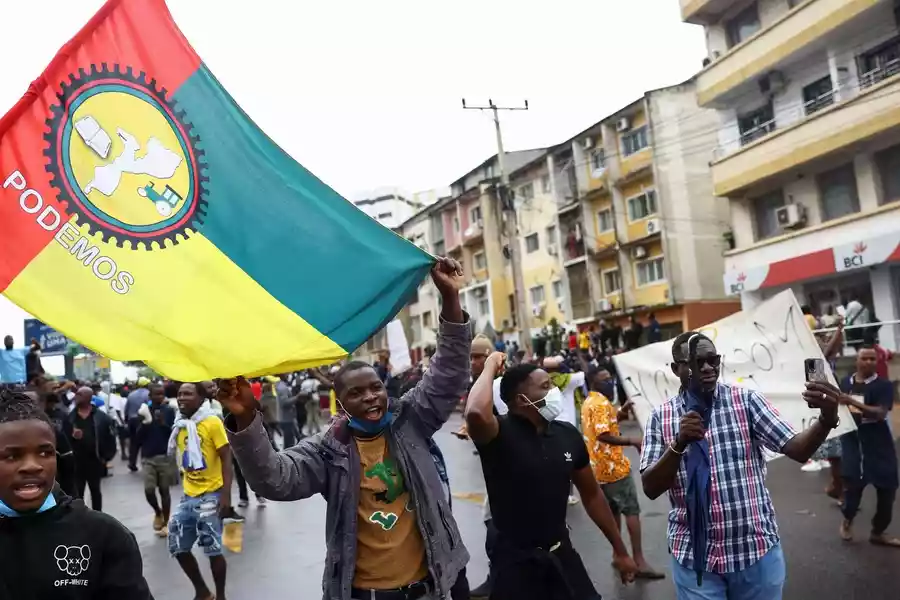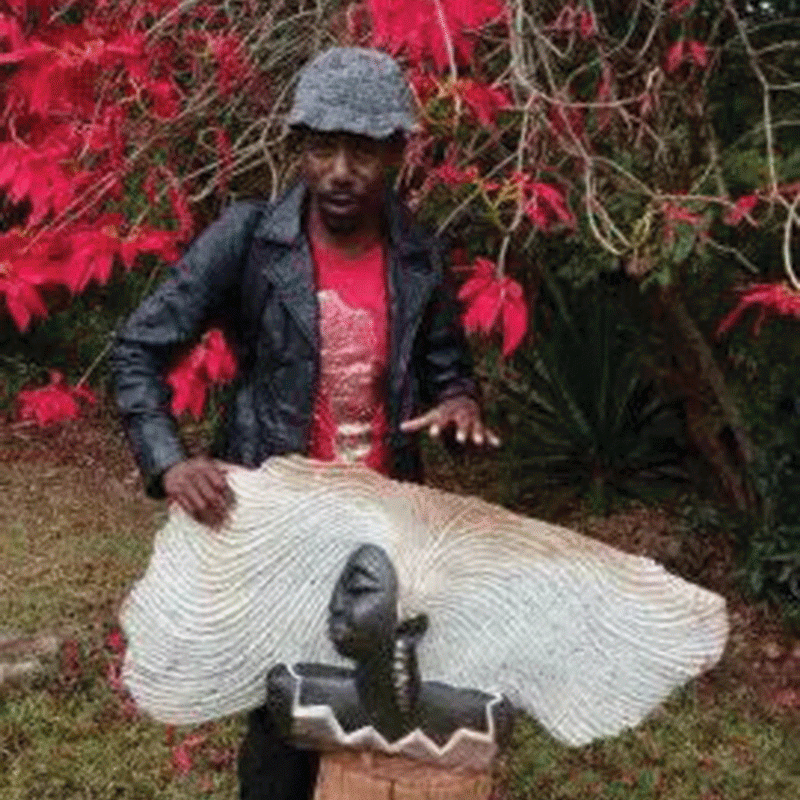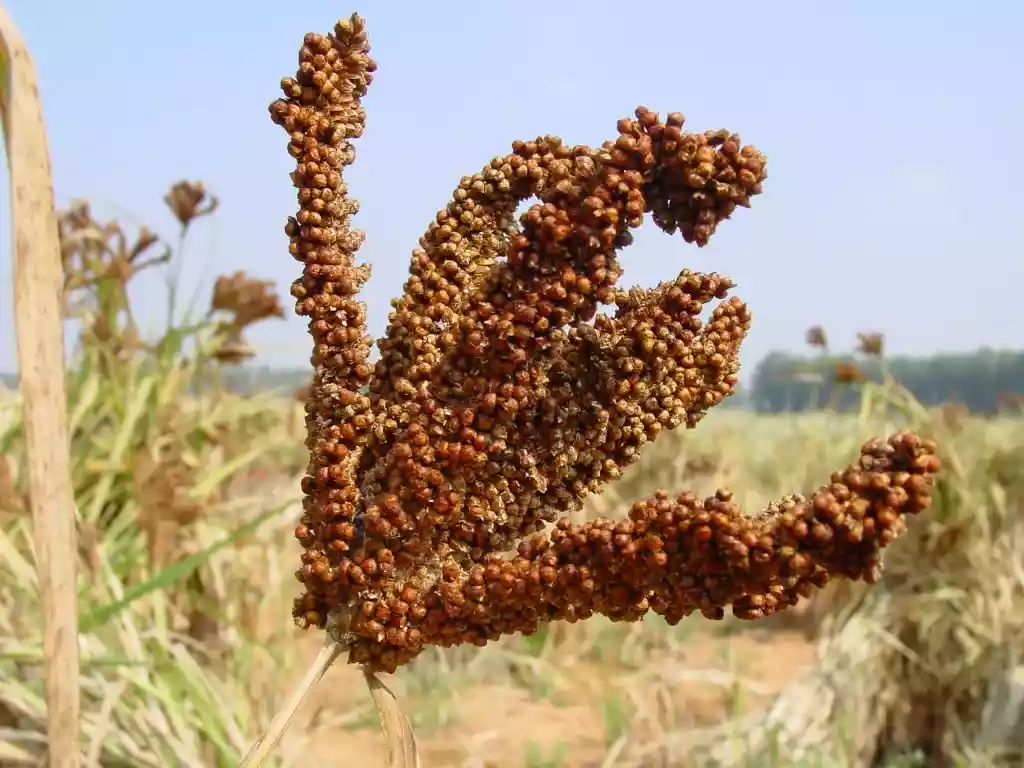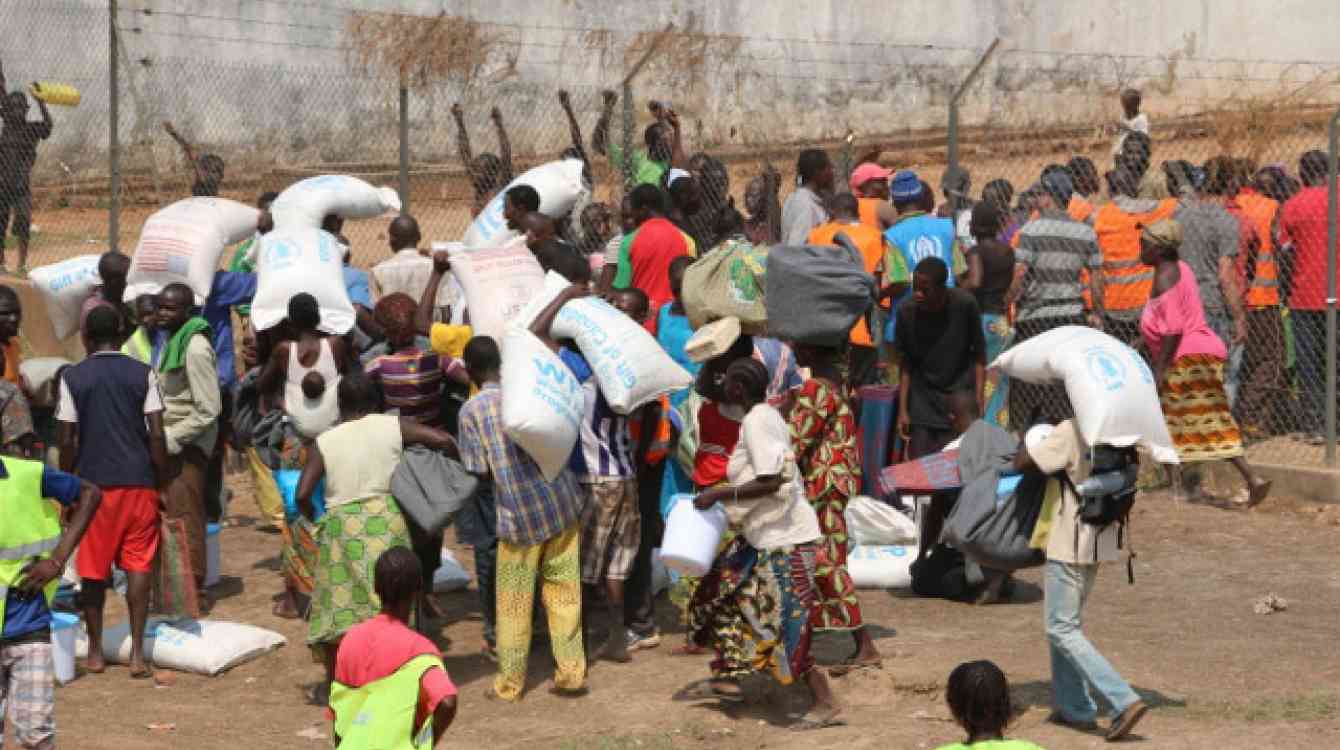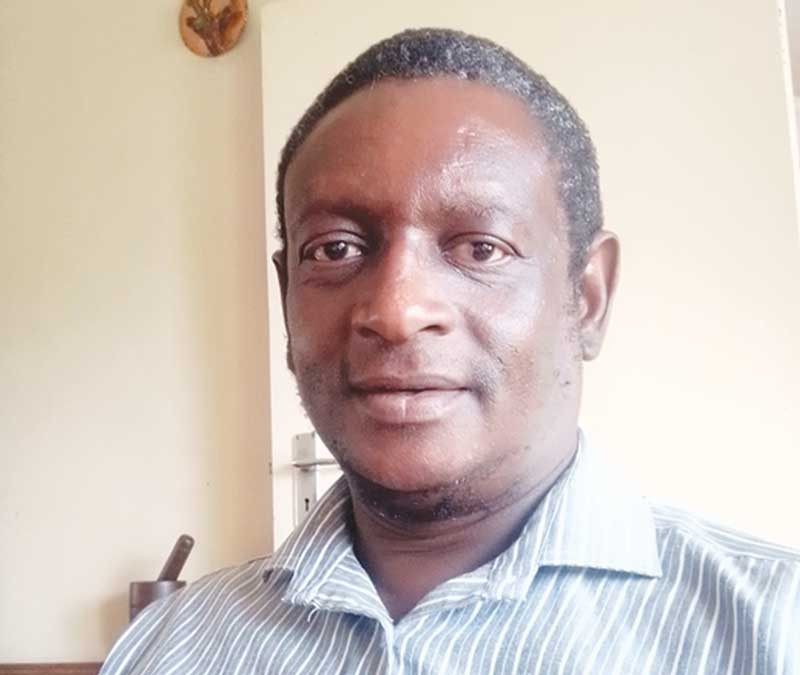
What do we look for when we elect a leader?
Is it their fearless stand against an incumbent oppressive government — whereby they boldly confront injustice, and are ready to die for the greater good?
Could it be their outstanding oratory skills — which inspires audiences, igniting in them a revolutionary fire to stand for their rights, while also instilling hope for a brighter and better tomorrow?
Maybe, it is that person who promises heaven on earth — who manages to identify everything that has gone awfully wrong with the leadership, and paint a most beautiful and glamorous pictures of a life that can be, should he be voted into power?
Or, do we just go for anyone who happens to come along — in a desperate bid to rid ourselves of a regime which has ruined our livelihoods and turned our lives into a nightmare?
Even worse, do we elect a leader out of fear instilled by the leader himself, that should he not be (re)elected, a far worse government will come in, or there will be hell — since, he will not go without a bruising fight, where lives may be lost?
How exactly do we determine the suitability of an individual, or group of individuals, to be our leaders?
What attributes do we look for?
- Masisi proves ruling elite out of touch with suffering citizenry
- What sort of leaders do Zimbabweans need?
- Let’s not make excuses for our inaction!
- If Mnangagwa is unable to explain ‘sanctions on Zimbabwe’ then just how real are they?
Keep Reading
Could these be all that is needed for leadership?
Are we to genuinely expect to receive high quality leadership, from the aforementioned attributes?
Surely, there has to be more to good leadership, than such superficial and simplistic perceptions.
We, in Zimbabwe, should know this by now!
Did we not, at the dawn of the new Republic of Zimbabwe, in 1980 — jubilantly elect a leader who had fought valiantly against repressive colonial rule, sacrificed his own professional life (in preference to staying in the bush for years, as he led the armed liberation struggle), and even spent nine years languishing in prison for his brave revolutionary stance?
How did electing him to lead a post-independence Zimbabwe turn out for us?
Did we not cry in unimaginable pain and suffering — as he ruthlessly butchered all who dared challenge his stay in power — while at the same time, driving the nation on the path of destruction, leading millions of Zimbabweans into abject poverty and misery?
Did we not even lament why these people had even bothered “freeing us”, since our lives appear to have worsened under “independent rule”, than “colonial rule”?
Did we not go as far as saying, “the former colonial master was better”?
Again, I ask — what is it that we look for when electing a leader?
As far as I am concerned, the attributes of a good leader, go deeper than the superficial and simplistic things we usually perceive on the surface.
Just as with all other relationships — including, intimate romantic ones — there are always tell-tale signs in an individual (no matter how minimal or insignificant), which betrays the type of person he or she truly is...regardless of how hard they may try to cover up such trait.
The signs will always be there if we are discerning.
All those things we later complain about our partners were already there to see during our courtship but we either chose to trivialise them as inconsequential, or did not bother to notice them.
There are always signs
As I always say to those around me — “Never say my partner changed, because they never changed, they were always like that, you simply did not want to see it before”.
Let me give an example in the political realm.
If a leader never admits that he is wrong, and hardly takes responsibility for situations that go awry under his watch — then, that is a huge red flag!
Any leader — no matter he courageously fought an oppressive regime, or was prepared to lay down his life for the greater good — finds fault with others, for things that are not going well under his watch, is a big no no!
In fact, sacrifice, if not managed properly, can easily breed a sense of entitlement. Entitlement makes one feel that they deserve to be respected and are owed by the nation...such that, should never be challenged.
A leader who is always defensive, and finds offence, whenever his weaknesses are highlighted, and is always ready to proffer excuses — believing that he is right, and those who do not agree with him are wrong — is a brutal dictator in the making.
Any leader who portray himself as the only solution to our challenges, the only one who is capable of leading effectively, and the only one with all the answers — is not fit to lead.
He is egoistical and prone to intolerance towards opposing views.
How can anyone trust a leader who fails to fulfil even the smallest promises. He who is unfaithful with the small, cannot be entrusted with larger tasks or responsibilities?
If I were to give you my word that I will have a piece of work ready by a specific time, and I miss that deadline — that would be a glaring sign that I am untrustworthy, and unreliable leader, who does not deliver.
It is as simple as that!
Therefore, before we elect any person into an office of leadership and responsibility we need to meticulously study the individual to determine their suitability.
Zimbabweans have suffered for far too long, mostly as a direct result of the people we, ourselves, elect into power.
Our major weakness is allowing ourselves to be influenced by the superficial and simplistic attributes of such individuals — naively disregarding any signs (regardless of how small and insignificant), which, nonetheless, actually reveal what was hidden deep down — much to our detriment.
The tell-tale signs are always there and, as the electorate we should train ourselves to detect these.
Failure of which, we will continue putting in office individuals who will make our lives a living hell.
For how long do we want to continue saying the past leader was better.
- Tendai Ruben Mbofana is a social justice activist, writer, researcher, and social commentator.

